TikTok promotes self loathing
It’s no secret that social media can affect our mental health, but how is TikTok specifically exacerbating our insecurities?
February 25, 2022
According to my screen time analytics, I spend about half an hour on TikTok every day. For those who are unaware, TikTok is a social media platform where you scroll through videos that are usually around fifteen seconds long. There is no “typical” TikTok video per say, since each video you see tends to be completely different, but there is one common denominator for videos popular enough to land on peoples’ For You Pages: the person featured in the video tends to be conventionally attractive. Of course, there are plenty of exceptions to that rule, but for the most part, I think it rings true.
So let’s go back to my average time spent on TikTok: thirty minutes. Let’s assume that the average TikTok is fifteen seconds, and that seventy-five percent of TikToks feature attractive people. By those statistics, I come across ninety different attractive people on TikTok every day.
When my parents were my age, the most attractive people they saw regularly were the few best looking people that went to their schools. For them, those people were the few lucky outliers; they made up only a small percentage of the people my parents would see daily.
Now, though, I feel like I’m the outlier. The people who I see on social media, specifically TikTok, make me feel like I can’t measure up to them. I see so many perfect looking people every day that it feels like they’re actually the normal ones; that I’m the one who is out of place.
It’s not just seeing these people that has been detrimental to me, though. TikTok seems to be a breeding ground for trends that center around people’s appearances. For example, I remember a trend a while back where girls would wear oversized clothes in the beginning of the video, and then pull the clothing taut to show how skinny their waists were.
At first, I wasn’t all that affected. I know that body types differ, so some girls are bound to have slimmer waists than I do. Soon, though, the things I saw began to overwhelm me. It felt like I saw hundreds of those videos, and none of the people I saw ever looked like me. I couldn’t help but feel like I was supposed to look like all these people I was seeing.
Deep down I knew that I shouldn’t be comparing myself to these people online. Deep down I knew that the only reason these videos were popular was that they were the most extreme cases that the trend had to offer.
Of course I knew these things, but it was still hard to not be hurt by what I saw.
It doesn’t end there, though. There are countless trends that focus on people’s appearance just like this one, and they all have had their negative effects. These trendsjust produce an endless stream of attractive people to compare yourself to, promoting self-doubt and, ultimately, self-loathing.
The fact that the most popular videos on TikTok usually feature attractive people sends a clear message: your appearance is the most important thing about you. Obviously, that isn’t a healthy message to be sending to anyone, especially young people, who make up most of TikTok’s user base.
So what can we do about it?
Well, for the most part, nothing. At the end of the day, TikTok’s algorithm simply shows us videos that other people have liked, and people tend to like videos that feature attractive people. Plain and simple.
However, we can try to alter our mindsets. We can try to remind ourselves that those ninety attractive people we see every day are in fact the outliers; the product of an algorithm that is biased towards the best looking people on the platform. We can try to remind ourselves that these people aren’t an accurate representation of what normal people look like, and that in the real world, your appearance is far from your most important feature.
Social media has long been a breeding ground for forming new insecurities in its user base. What separates TikTok from classic examples such as Instagram, though, is that people have a general understanding that what they see on Instagram is not real. People know that the pictures they see might be edited, and even if they aren’t, they’re still curated snapshots of people when they are looking their absolute best.
With TikTok, it’s a whole different story. First of all, TikTok’s posts are videos, not pictures. People tend to assume that videos are not edited, since it would be much more difficult to edit a video than a simple picture. However, that assumption is not always accurate. There are certainly ways to edit people’s faces and bodies even in a video format.
Second, people don’t see TikTok as being as curated as Instagram, because posts on TikTok are often not as thought out as those of Instagram. Further, posts on TikTok often do not solely center around their creator’s appearance, making it seem like the fact that a certain TikTok went viral and the fact that its creator was attractive are simply coincidental.
Again, this is most likely not an accurate assumption to make. All you have to do is go to the comments of these videos, and nine times out of ten, no matter the subject matter of a post, if its creator is attractive, that’s what the majority of the comments will be about. These videos are most likely popular because their creator is attractive; it’s not just a coincidence.
Once again, these people are the exception, not the norm. It’s for reasons like this that social media can be dangerous, because it can exacerbate our insecurities. That’s not to say that we should delete TikTok, or delete all of our social media accounts for that matter. Maybe that would be the healthiest thing, but for many of us, it’s not realistic. What we can do, though, is take the content we see with a grain of salt. We can remember that social media is not real life, and that the people we see on it should not define the beauty standards we set for ourselves.




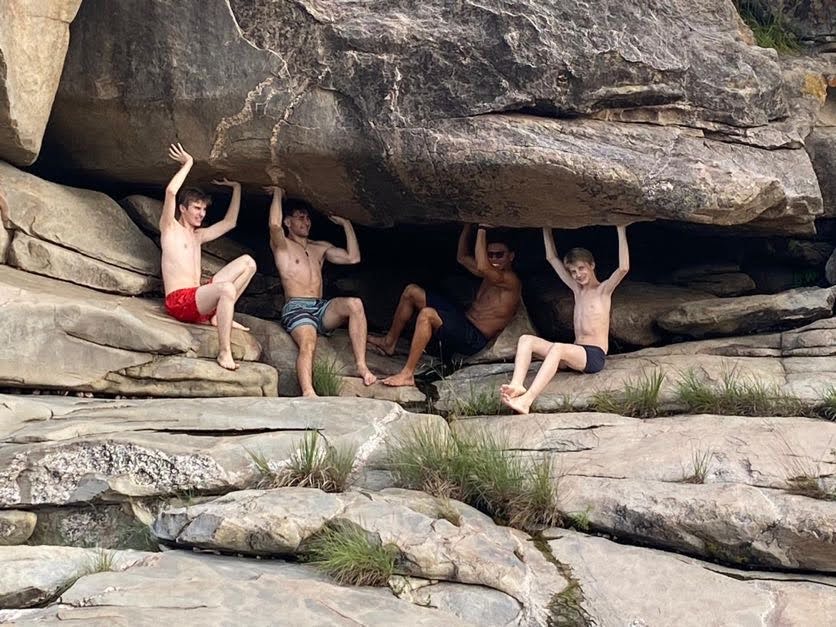










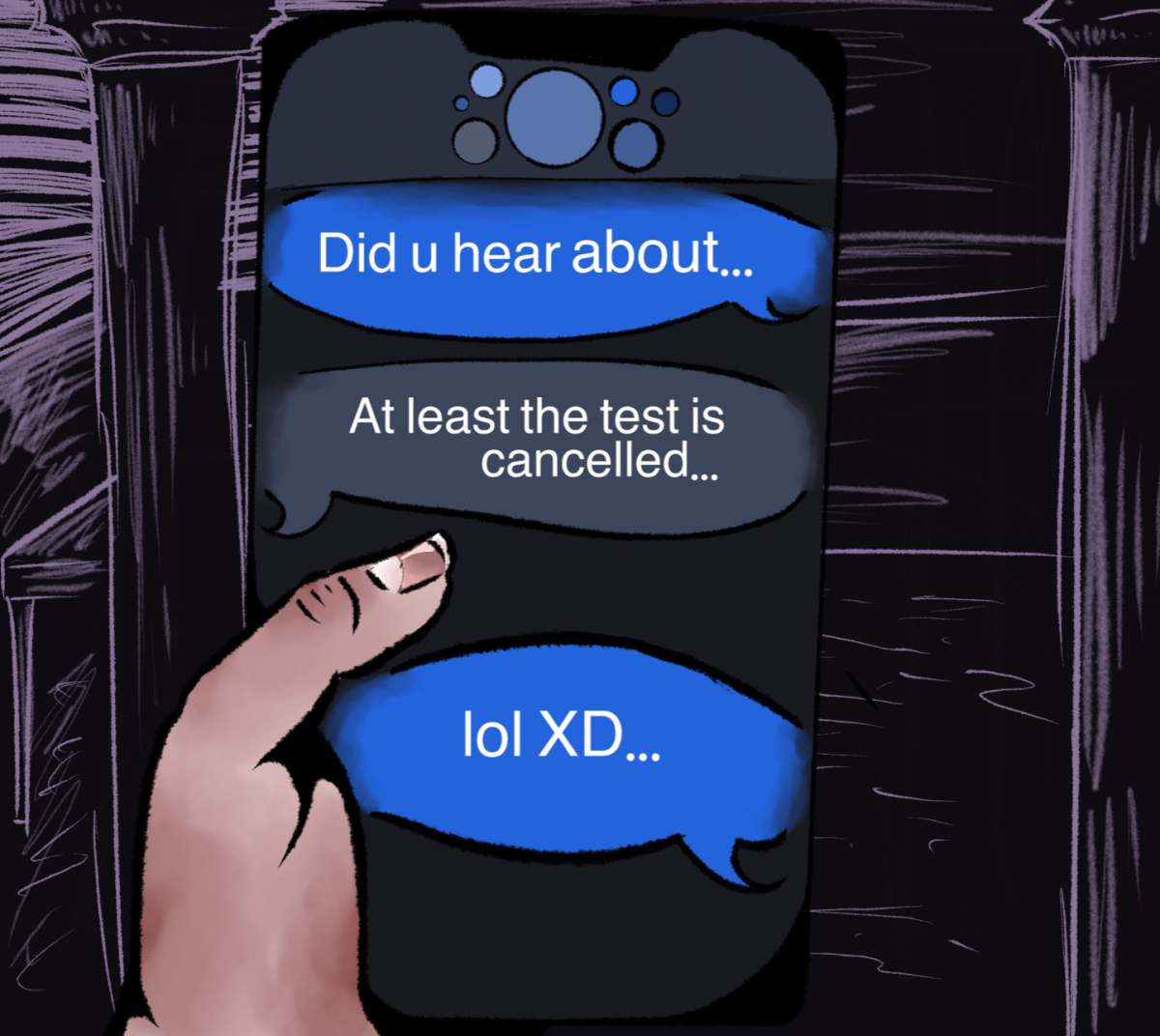




























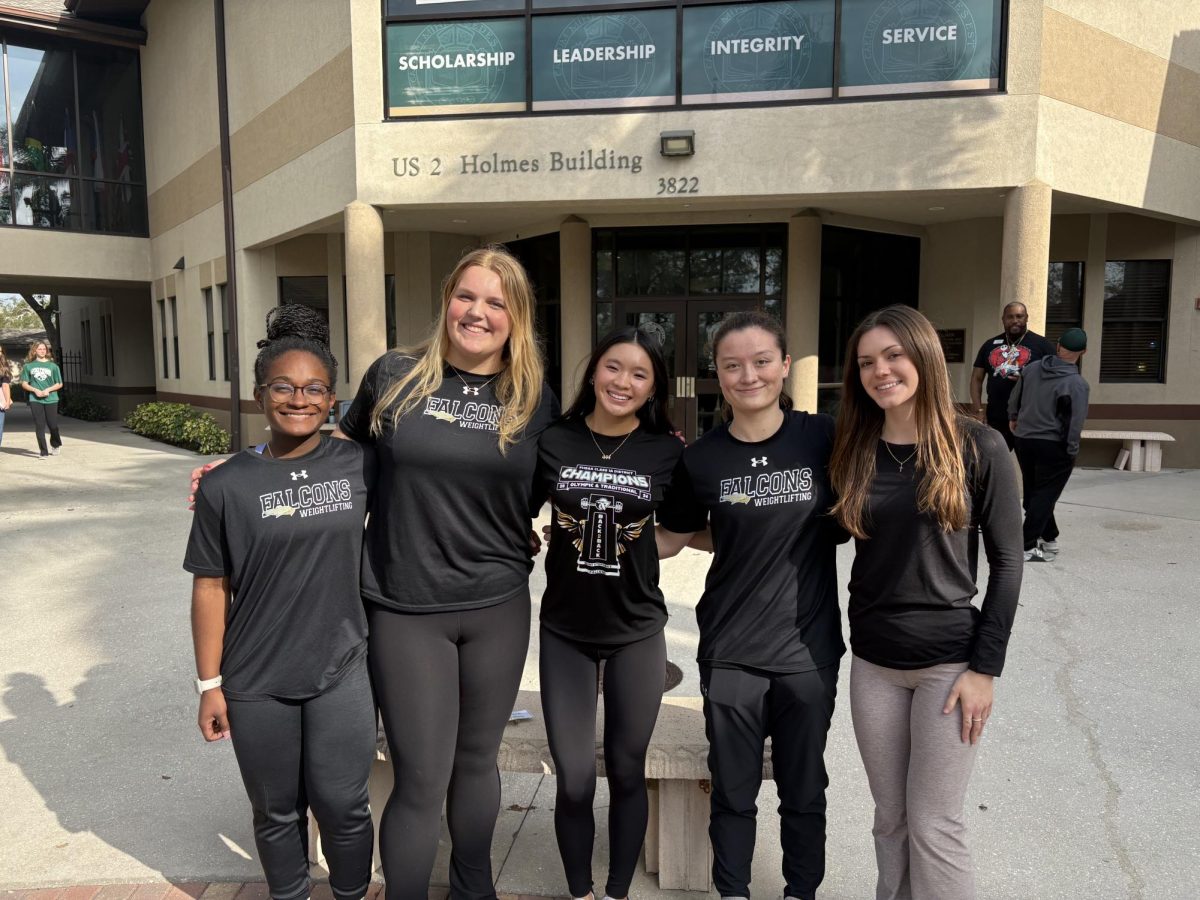
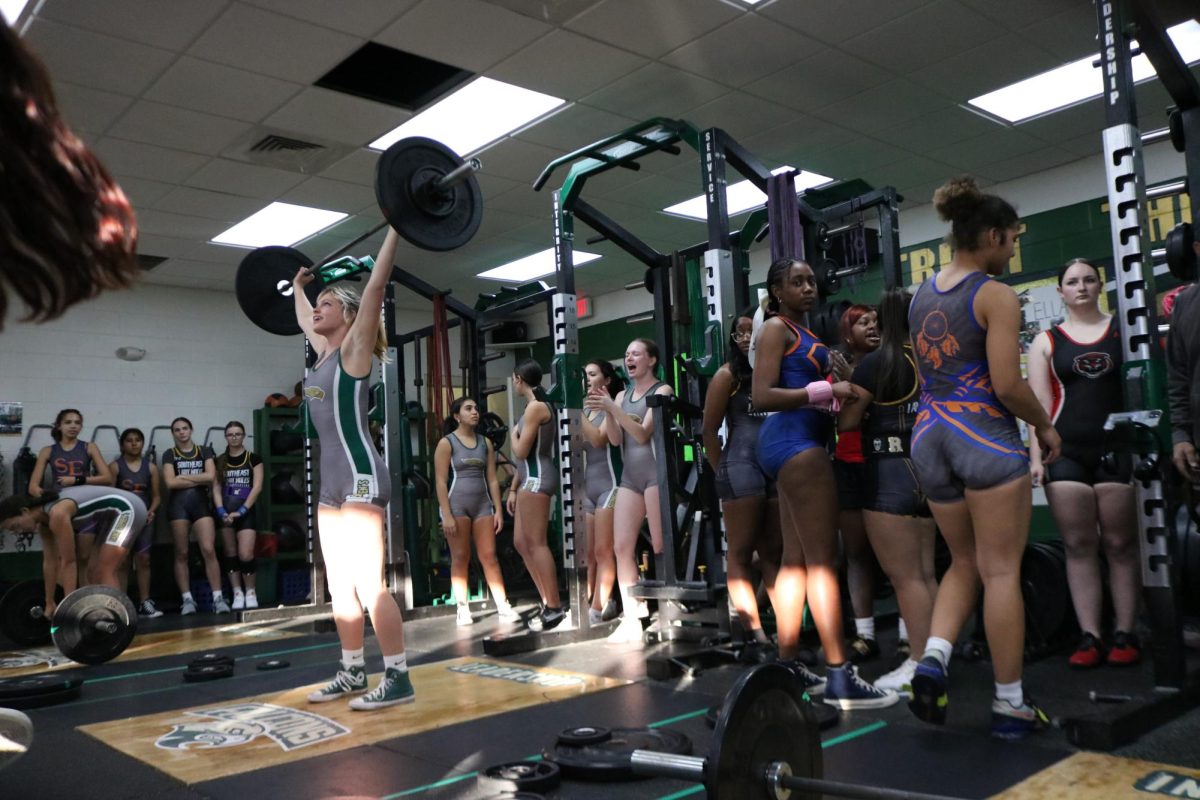
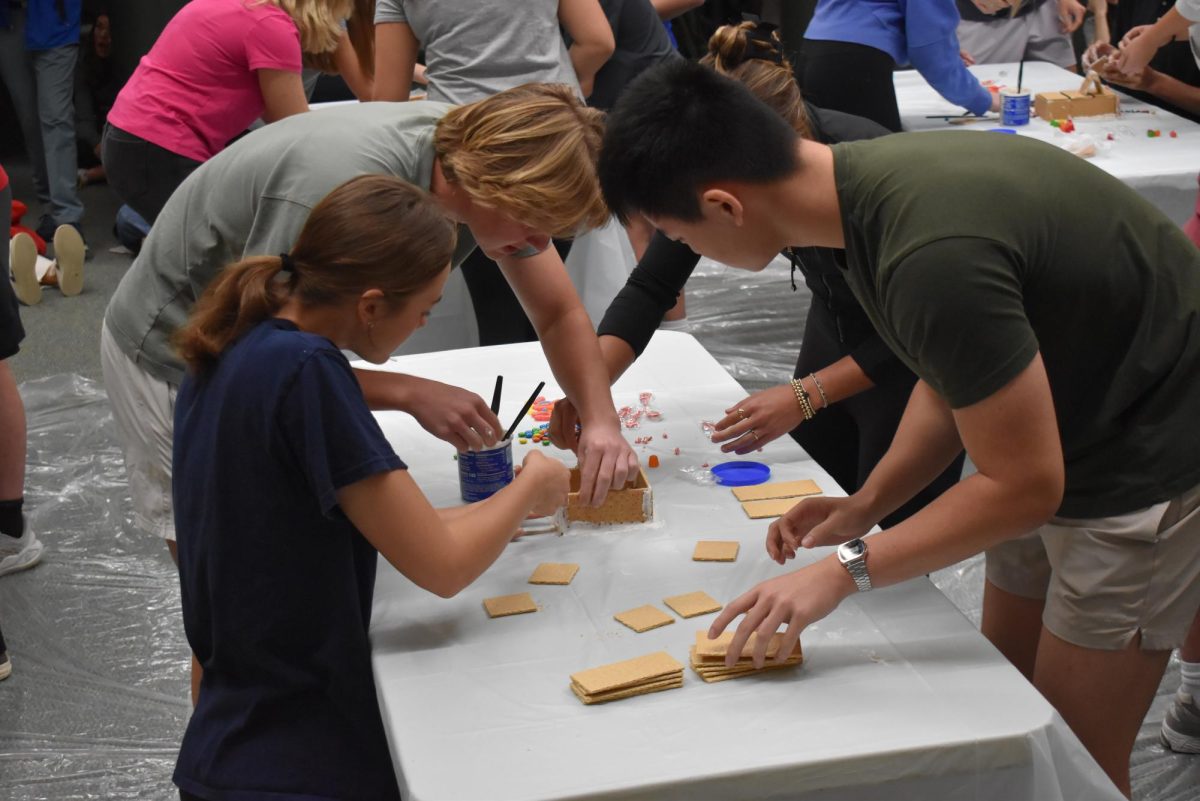


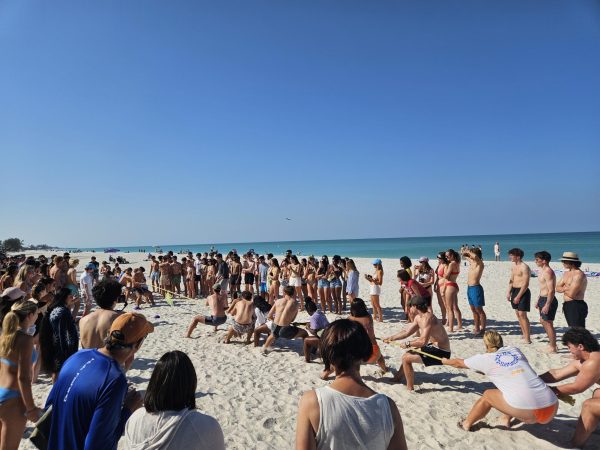
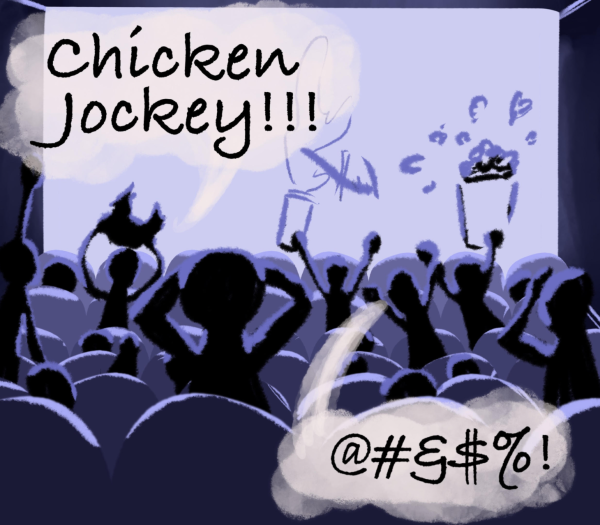








Jeannine Elisha • Feb 27, 2022 at 11:52 am
It is very difficult to not compare ourselves to others without Social Media. I appreciate how this article demonstrates how even a beautiful, intellegent girl like the author, can struggle with with self perception due to social medial.